The richest countries in the world are ranked by GDP per capita. GDP is the total value of all goods and services produced by a country in a year. The richest countries in the world have high standards of living, good education and healthcare, strong economies and low unemployment rates.
Here is the List of the Richest Countries in the World
These countries generally have natural resources, a strong workforce and good infrastructure. The world's richest countries play an important role in the global economy and contribute to global growth by investing and trading with other countries.
-
Ireland ($145,196)

Ireland has experienced a rapid increase in economic growth in recent years. Ireland's economy is based on the information technology, healthcare and tourism sectors. Ireland has high standards of living, good education and healthcare, a strong economy and low unemployment rates.
-
Luxembourg ($142,490)

Luxembourg is the smallest country in Europe but has the highest GDP per capita. Luxembourg's economy is based on the finance, manufacturing and tourism sectors. Luxembourg has high standards of living, good education and healthcare, a strong economy and low unemployment rates.
-
Singapore ($133,894)
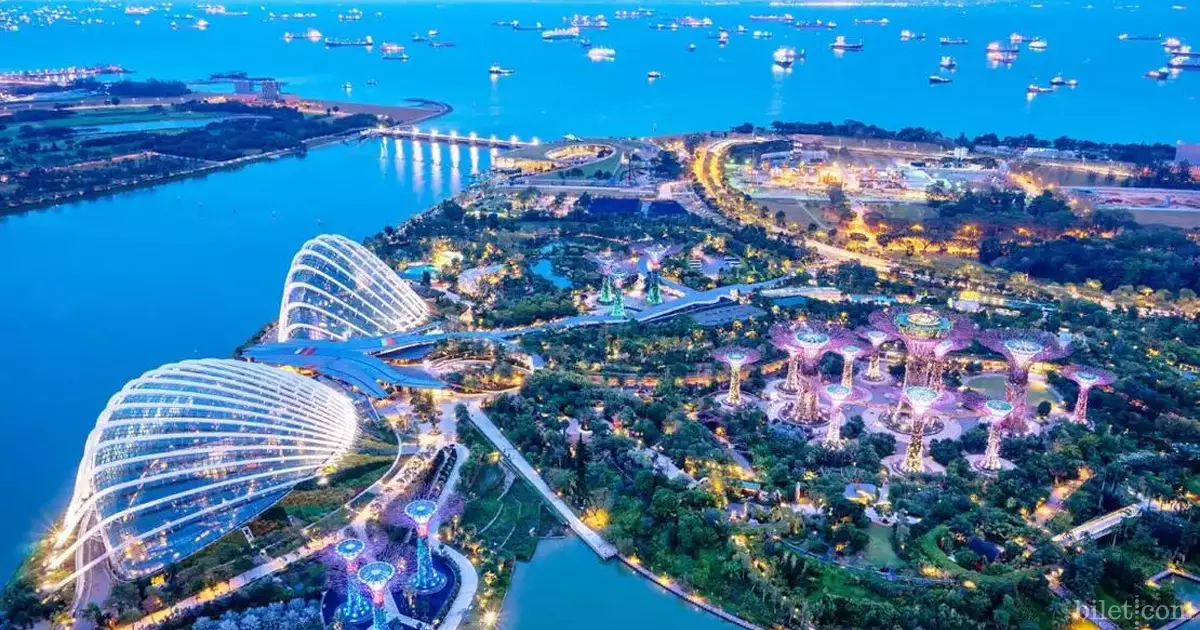
Singapore is an island country in East Asia. Singapore's economy is based on the financial, manufacturing and tourism sectors. Singapore has high standards of living, good education and healthcare, a strong economy and low unemployment rates.
-
Qatar ($124,833)
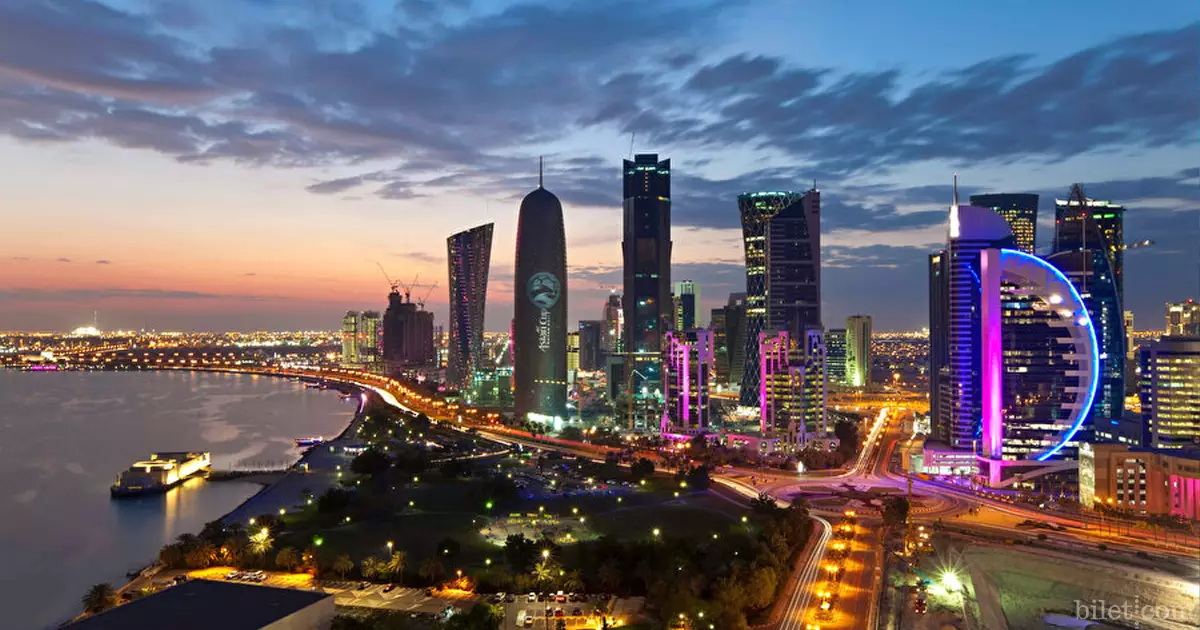
Qatar is a country in the Middle East. Qatar's economy is based on natural gas and oil exports. Qatar has high standards of living, good education and healthcare, a strong economy and low unemployment rates.
-
Macau ($89,558)

Macau is an island country in the East China Sea. Macau's economy is based on the gambling and tourism sectors. Macau has high standards of living, good education and healthcare, a strong economy and low unemployment rates.
-
United Arab Emirates ($88,221)
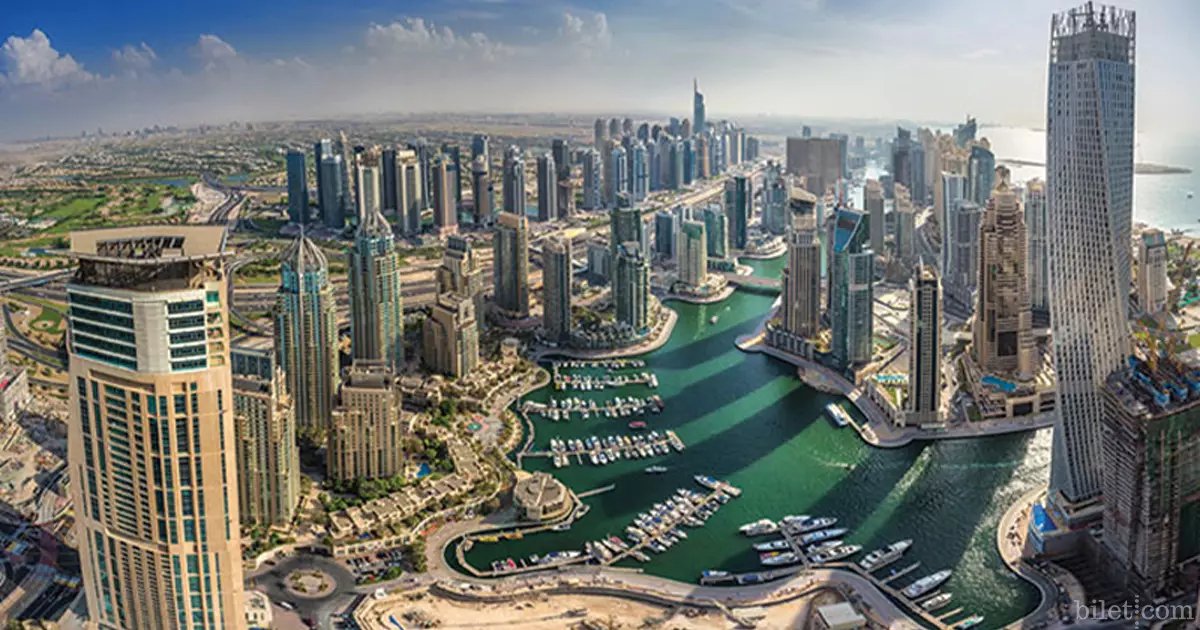
United Arab Emirates is a country in the Middle East. The economy of the United Arab Emirates is based on natural gas and oil exports. The United Arab Emirates has high standards of living, good education and healthcare, a strong economy and low unemployment rates.
-
Switzerland ($87,962)
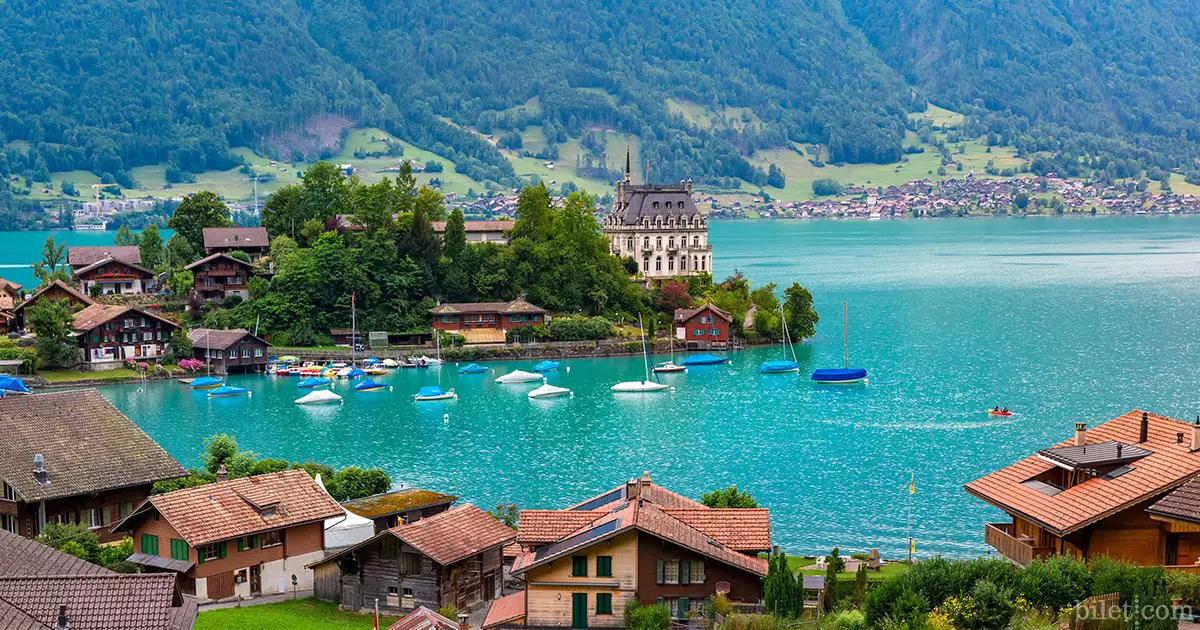
Switzerland is a country in Europe. Switzerland's economy is based on the banking, finance and tourism sectors. Switzerland has high standards of living, good education and healthcare, a strong economy and low unemployment rates.
-
Norway ($82,654)

Norway is a country in Europe. Norway's economy is based on oil and gas exports, manufacturing and tourism sectors. Norway has high standards of living, good education and healthcare, a strong economy and low unemployment rates.
-
Brunei ($78,820)

Brunei is a country in Southeast Asia. Brunei's economy is based on oil and gas exports. Brunei has high standards of living, good education and healthcare, a strong economy and low unemployment rates.
-
Kuwait ($77,461)
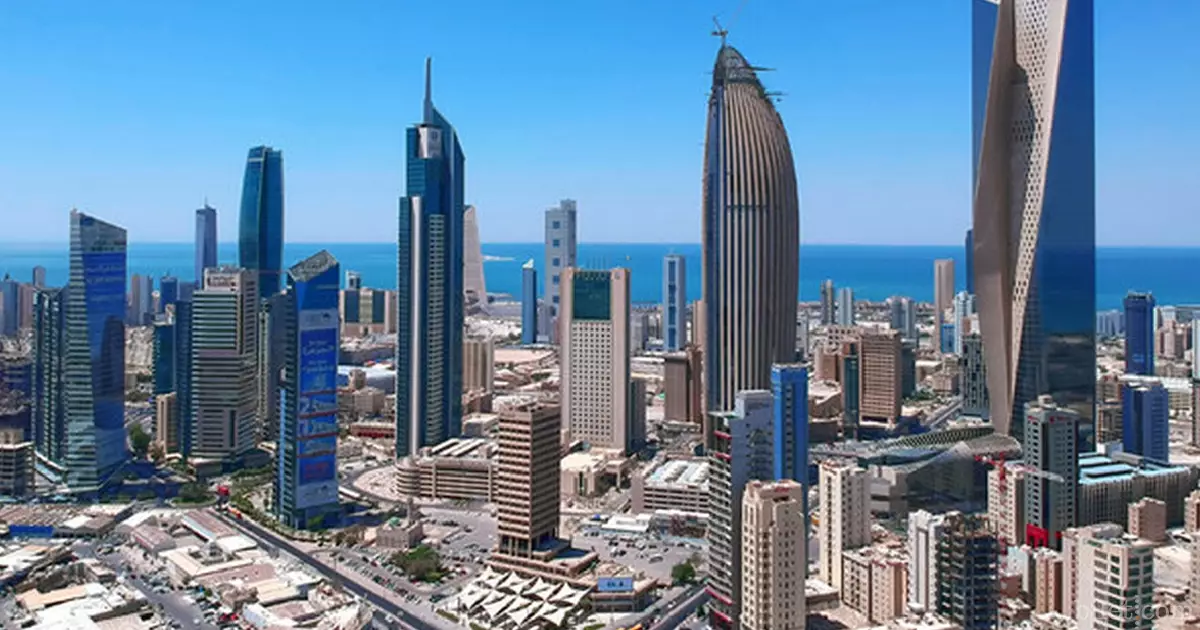
Kuwait is a country in the Middle East. Kuwait's economy is based on oil and gas exports. Kuwait has high standards of living, good education and healthcare, a strong economy and low unemployment rates.
-
USA ($72,160)
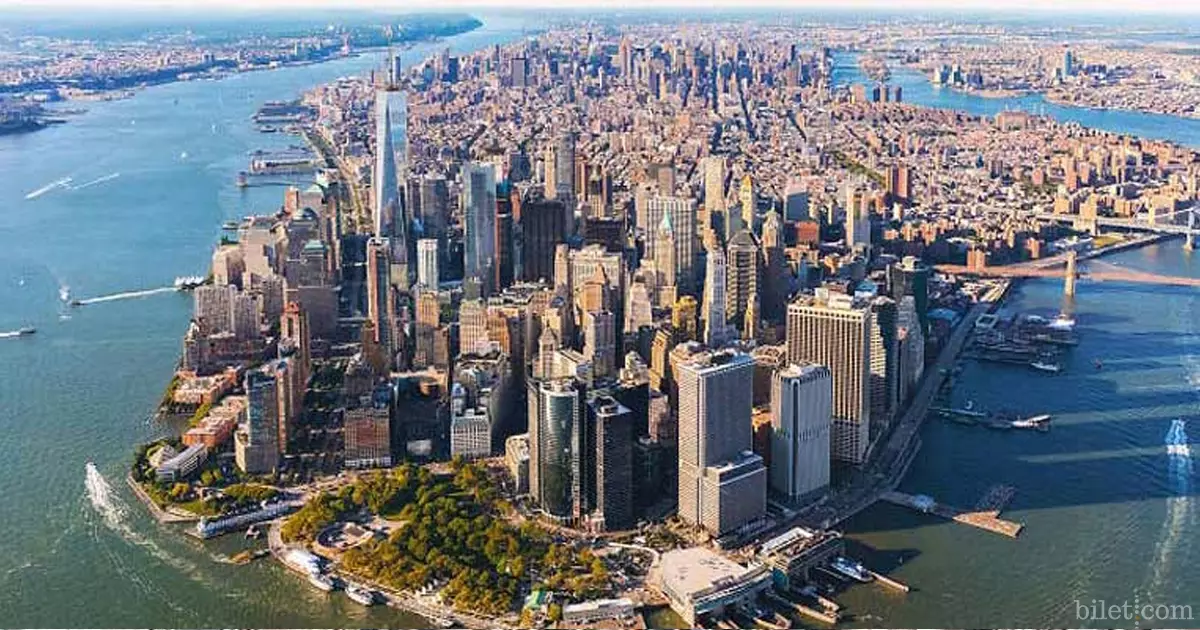
The USA, one of the largest economies in the world, stands out with its wide industrial base, innovation potential and high consumption power. It is a leader in many industries such as technology, finance, entertainment and defense.
-
China ($70,190)

Oil and natural gas reserves have contributed greatly to Norway's economic growth. The country is known for its welfare state model, natural beauty and high quality of life.
-
Iceland ($69,090)
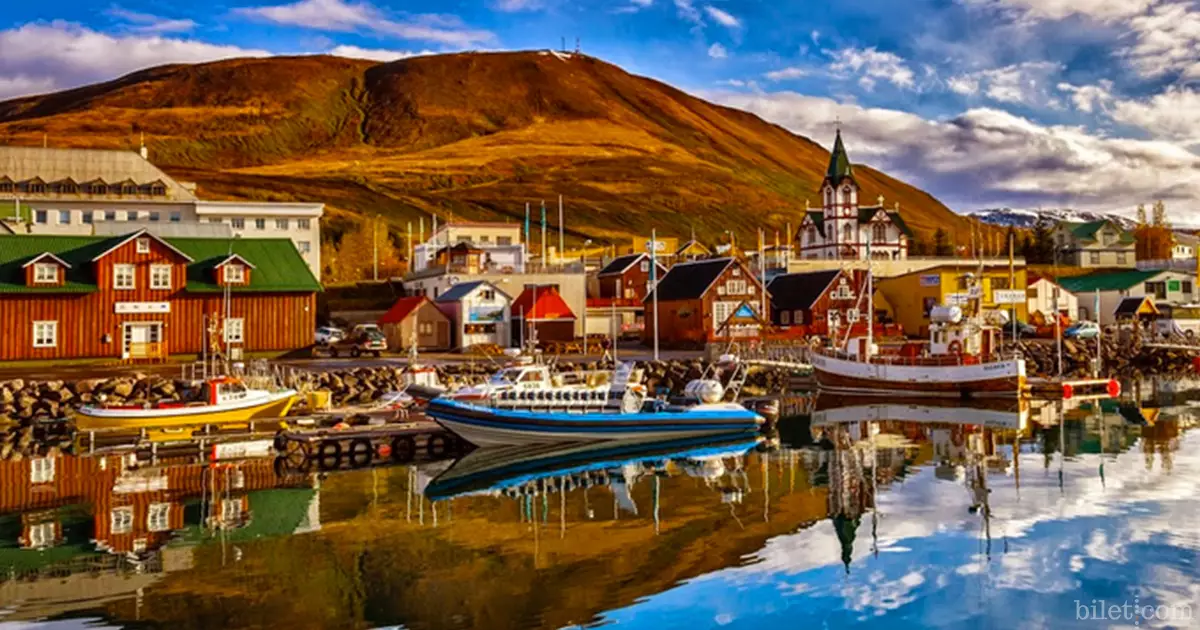
Iceland is known for its natural beauty, renewable energy resources and tourism potential. However, although it has a small population, it has a high quality of life.
-
Netherlands ($67,890)
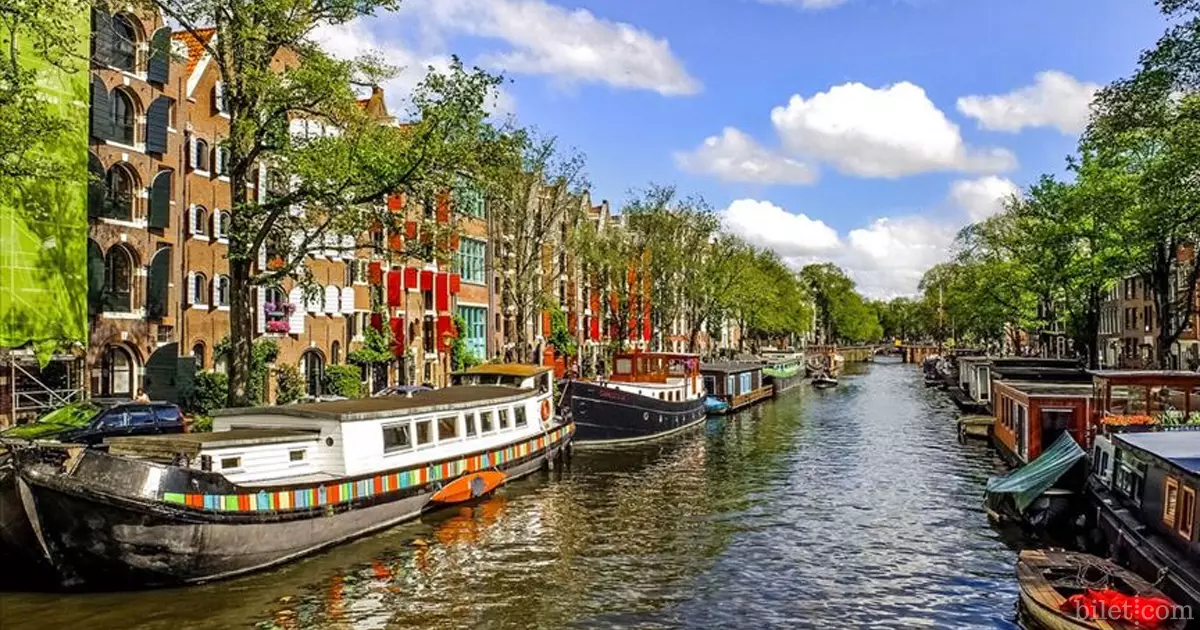
The Netherlands is known for its strong economy in agricultural products, technology and logistics. Its ports and high education level are the country's success factors.
-
Austria ($67,240)
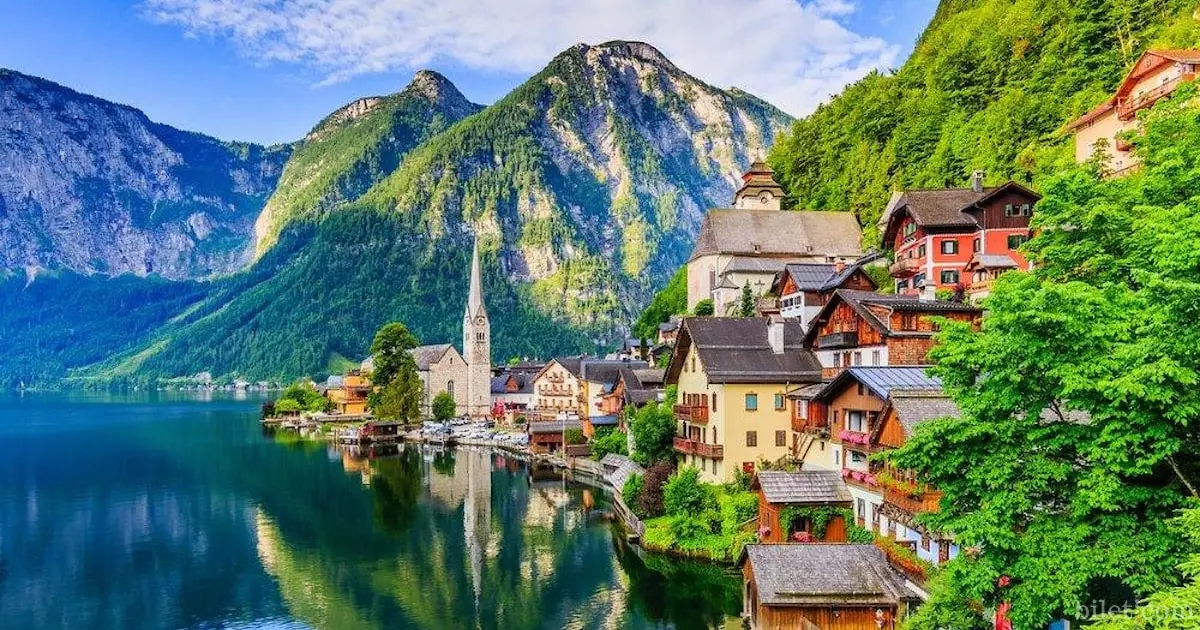
While Austria is known for its historical and cultural riches, its financial, tourism and manufacturing sectors also contribute to economic growth.
-
Germany ($64,250)
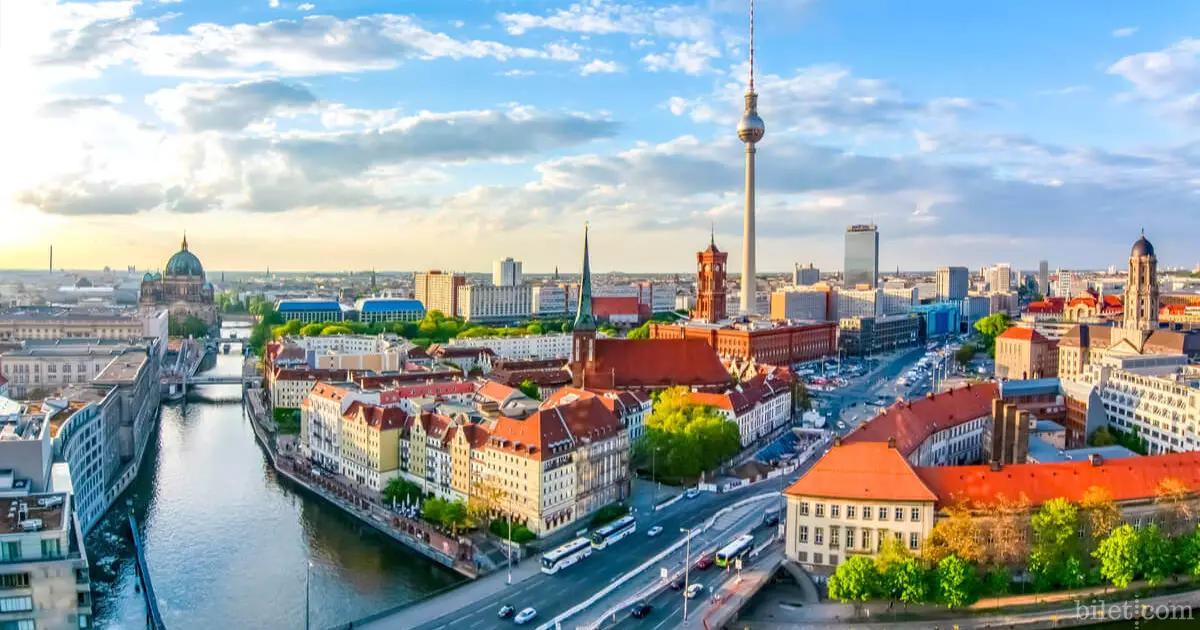
Germany is one of the leaders in world exports. Technology, automotive, engineering and manufacturing sectors are the main pillars of the economy.
-
Sweden ($63,450)
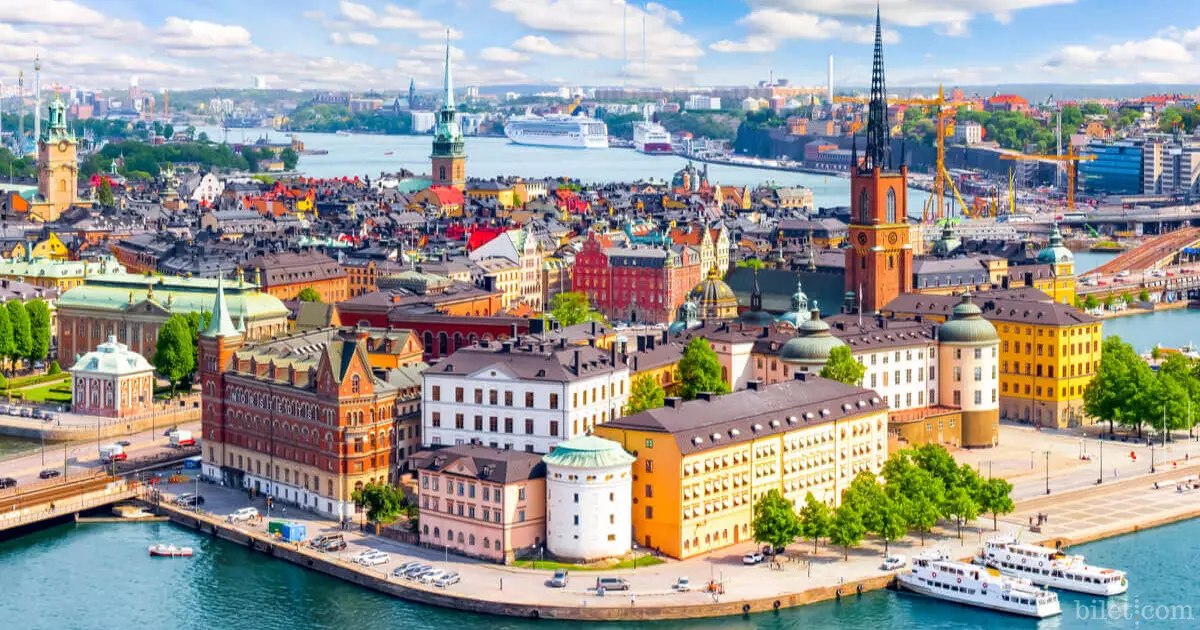
Sweden attracts attention with its innovative companies, high standard of living and welfare systems. It stands out in sectors such as technology, automotive and healthcare.
-
Denmark ($63,190)
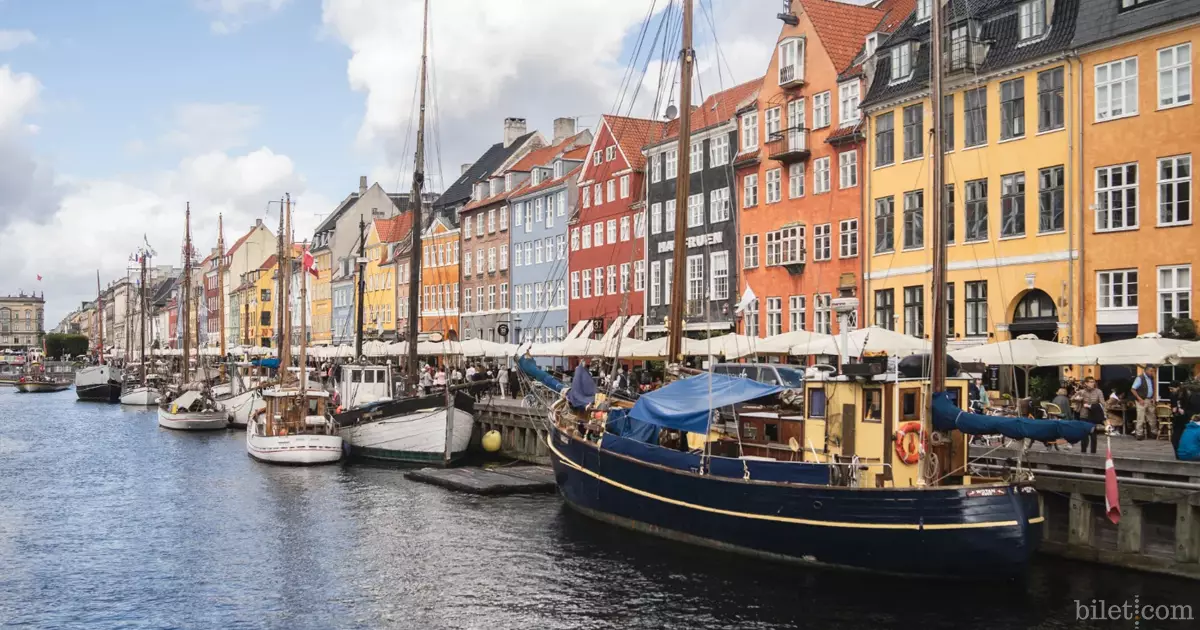
Denmark is a welfare state known for its education, healthcare and social security systems. Studies in the field of green energy and sustainability are also important.
-
Canada ($62,860)

Canada is known for its vast natural resources, energy production and high quality of life. Education and health services are also among the country's strengths.
-
Japan ($62,730)

With its technological innovations, manufacturing sector and global trade volume, Japan is one of the important players in the world economy.
-
Finland ($61,900)
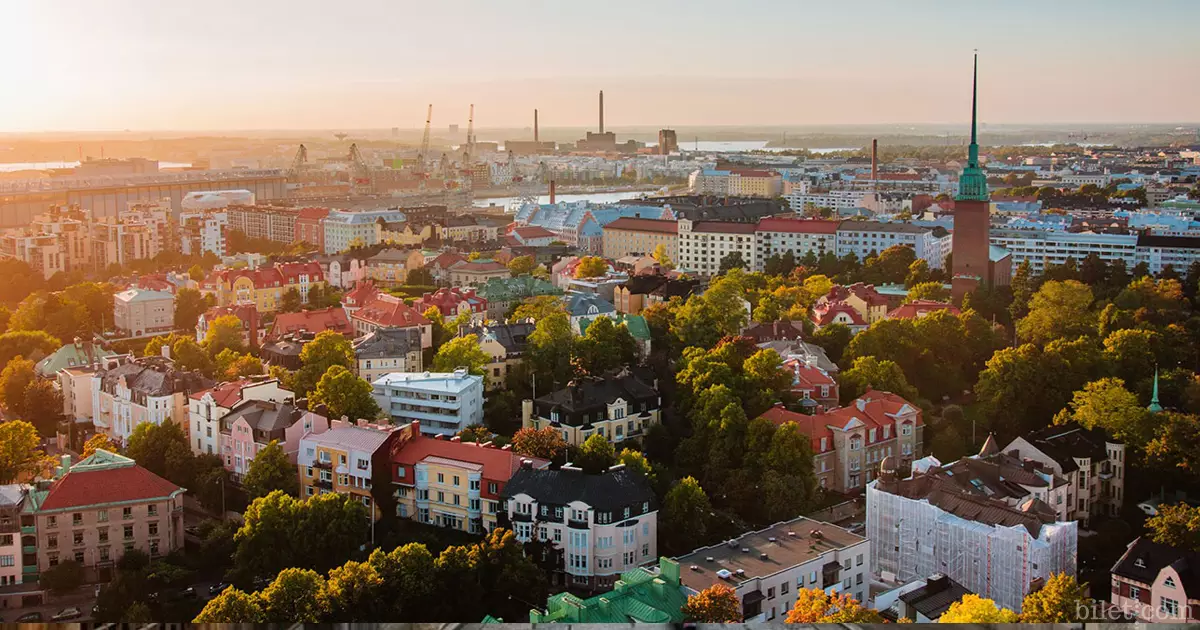
Finland stands out with its high level of education and leadership in innovation and technology. Mobile communication and gaming industries have an important place in the country.
-
Belgium ($61,570)
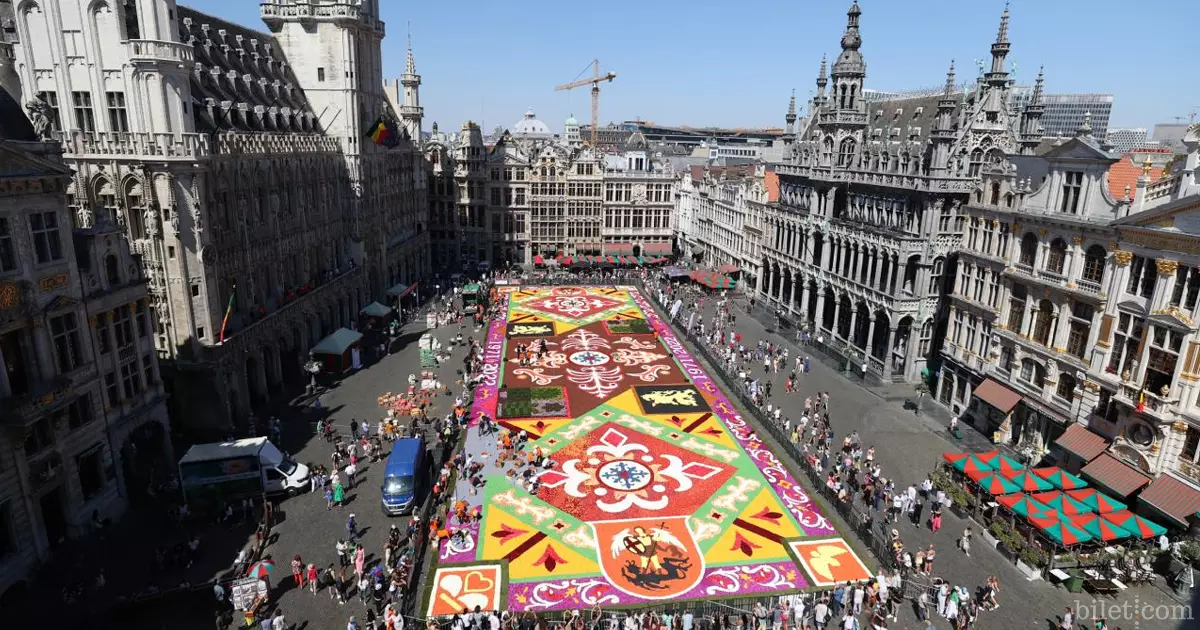
Belgium is home to Brussels, one of the centers of the European Union. Logistics, chemical and food sectors shape the country's economy.
-
UK ($60,560)
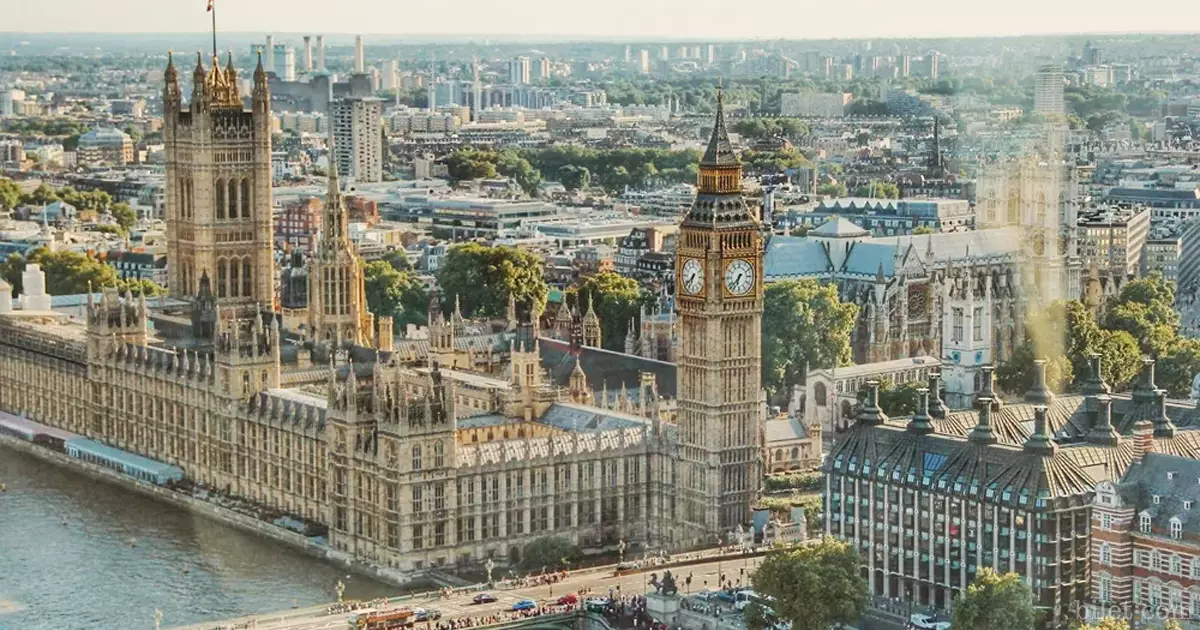
England, with London as its financial center, stands out with its finance, services and cultural riches.
-
Italy ($60,250)

With a strong history in fields such as tourism, fashion, automotive and art, Italy offers economic diversity.
-
France ($59,400)

France, famous for its tourism, fashion, gastronomy and cultural heritage, also has great importance in industry and service sectors.
-
Australia ($59,280)

Australia is a rich country with its mineral resources, agricultural products and tourism revenues. Its vast natural beauty and outdoor lifestyle make the country attractive.
-
South Korea ($58,880)
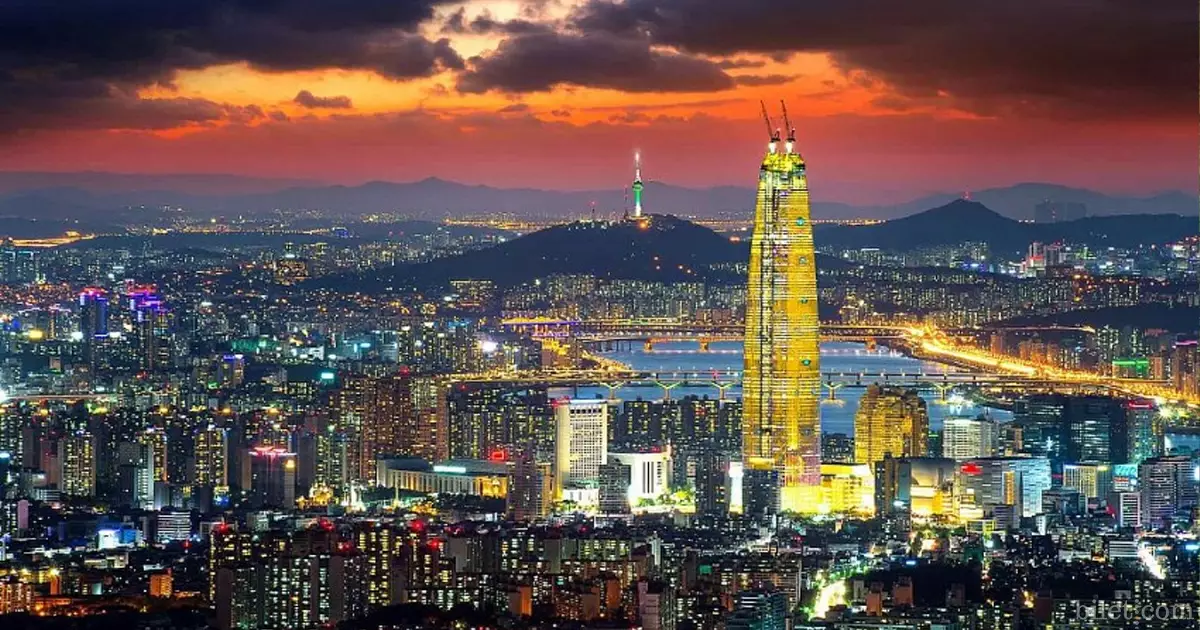
The South Korean economy has experienced rapid growth in recent years. In the 1960s, South Korea's per capita GDP was only US$100. However, in the 1970s and 1980s, the South Korean economy recorded high growth rates, and in the 2010s, its per capita GDP reached US$50,000.
-
Israel ($58,640)

The Israeli economy is based on the technology, finance, tourism and agriculture sectors. The technology sector is the most important sector of the Israeli economy. Israel is one of the world's leading producers in fields such as software, biotechnology and nanotechnology. The financial sector is the second most important sector of the Israeli economy.
-
New Zealand ($58,290)

New Zealand's economy is based on agriculture, tourism and service sectors. The agricultural sector is the most important sector of the New Zealand economy. New Zealand is one of the world's leading producers of products such as milk, meat, cereals and fruit. The tourism industry is the second most important sector of the New Zealand economy.
-
Slovakia ($55,190)
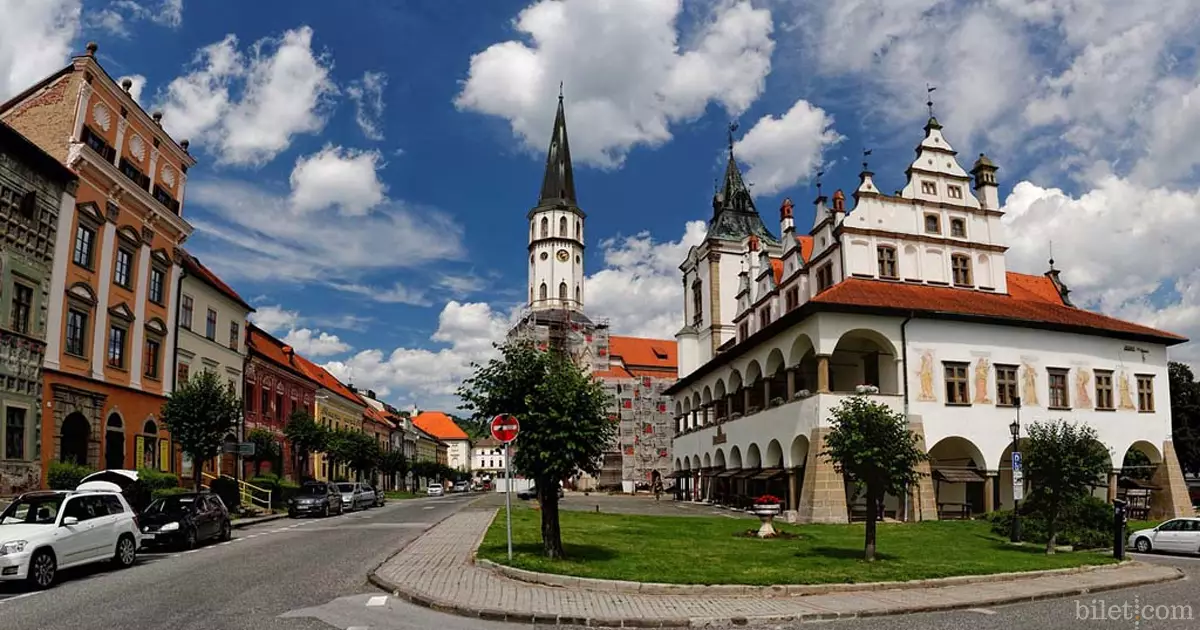
Slovakia's economy is based on manufacturing, services and agriculture sectors. The manufacturing sector is the most important sector of the Slovak economy. Slovakia is one of the world's leading manufacturers in sectors such as automotive, automotive parts, machinery and electronics. The service sector is the second most important sector of the Slovak economy.
The richest countries are generally developed countries. These countries have high-income, well-educated and healthy populations. They also have strong economies and good labor markets.
The richest countries are the world's most important economic powers. These countries control a large part of the global economy. It also plays an important role in global politics.





































